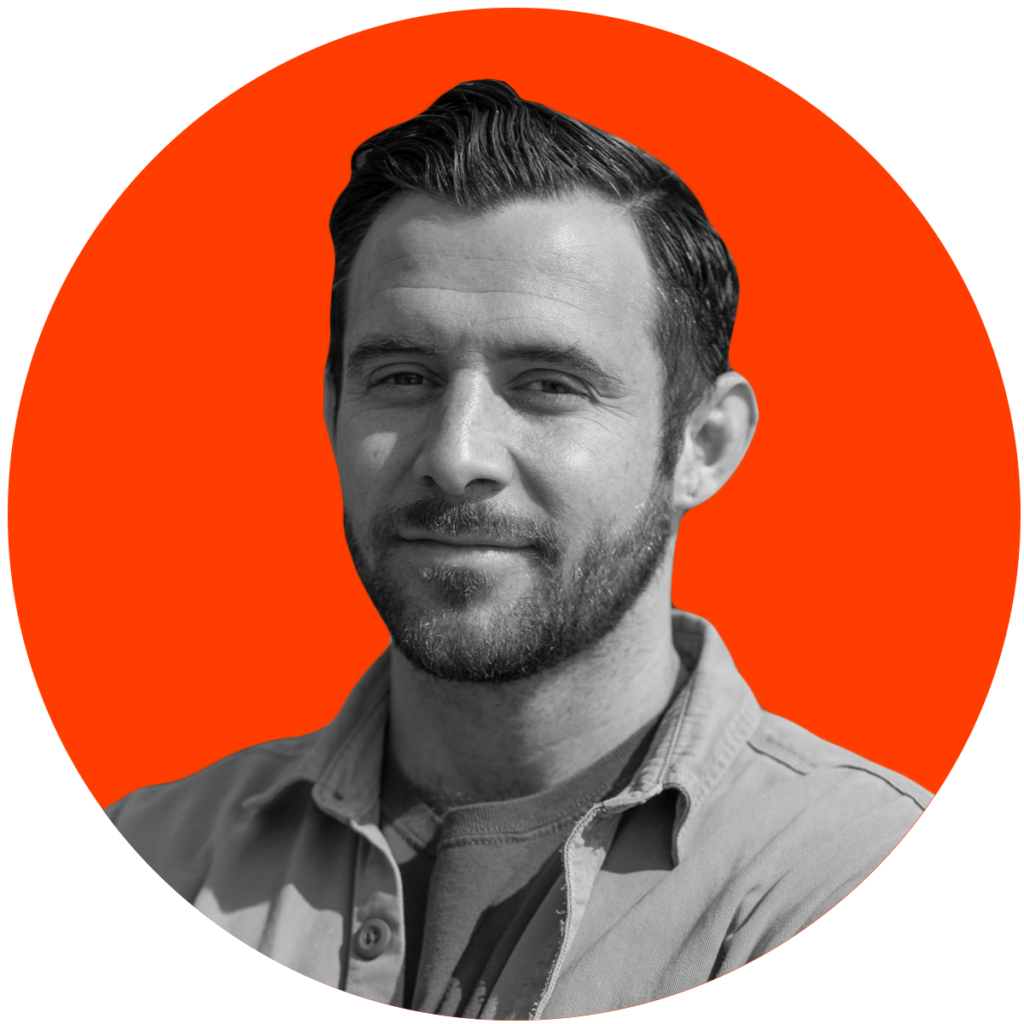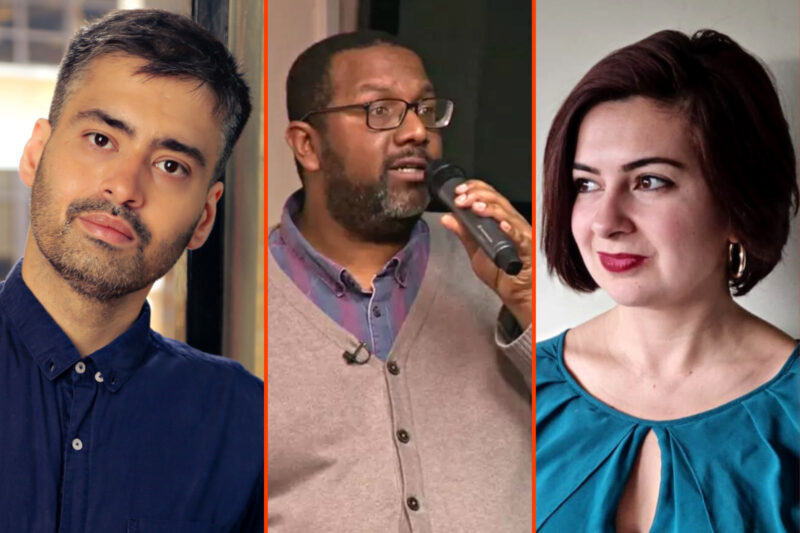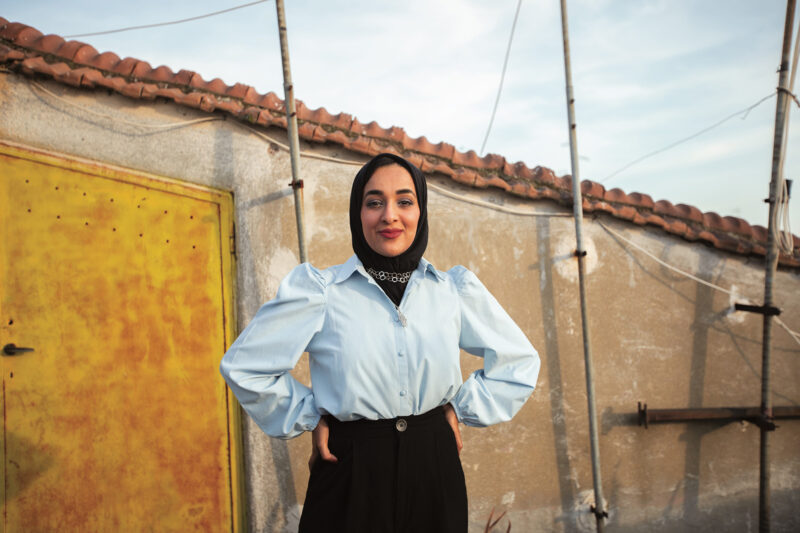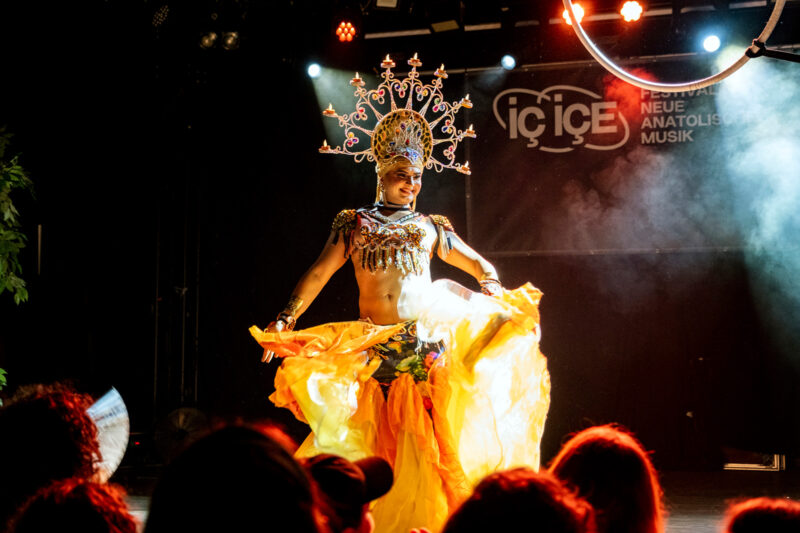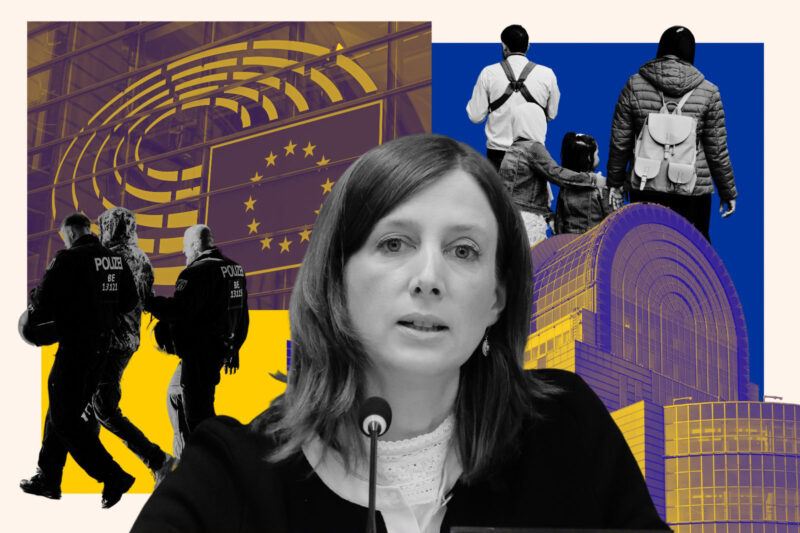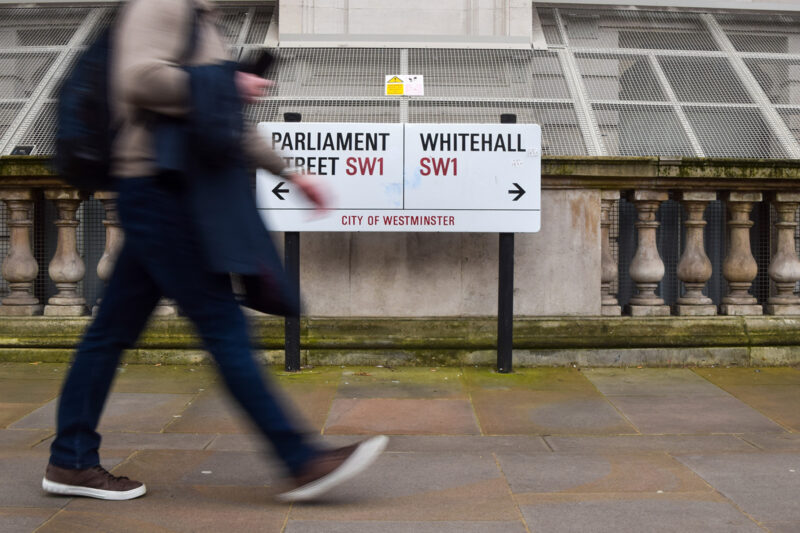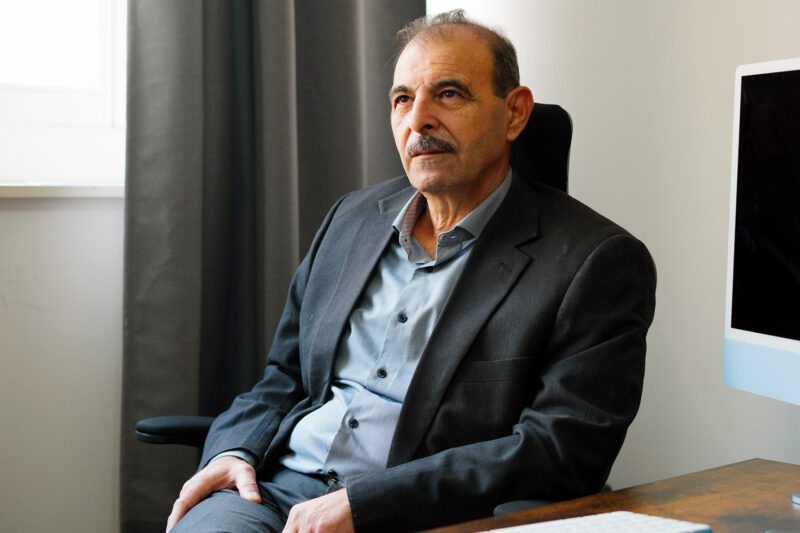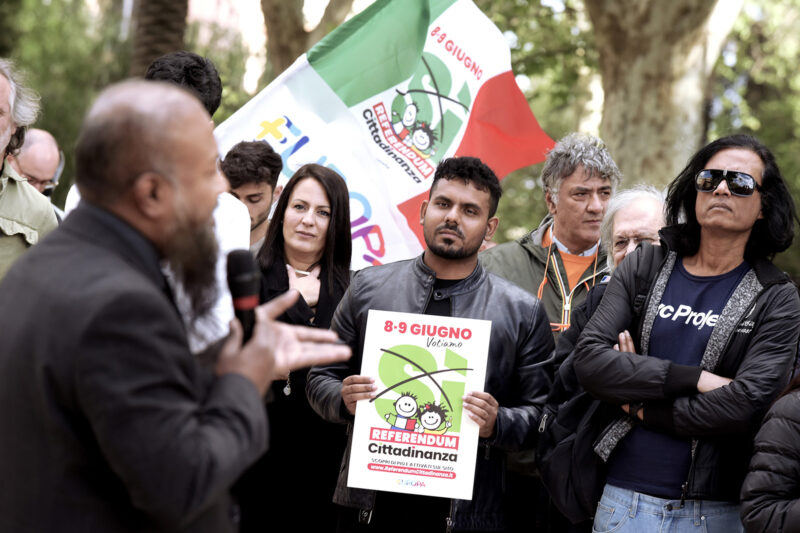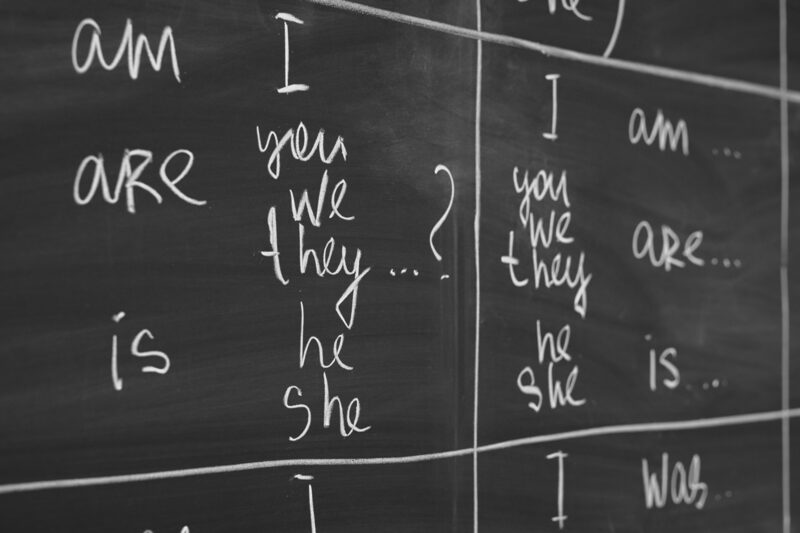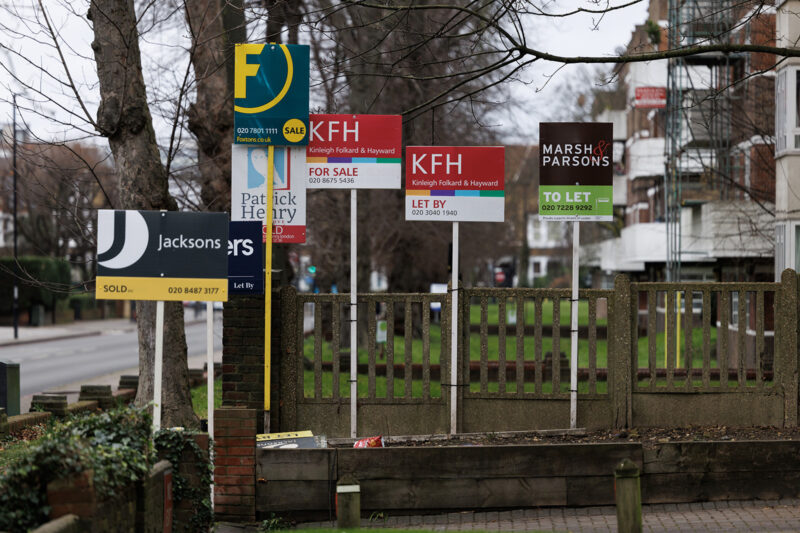‘If there is violence on Europe’s borders, you will see it in its capitals’
As irregular migration to Europe rises, people attempting to cross into Bulgaria are being met with increasing force. Hamid Khoshsiar, who once made the same journey, has dedicated his life to helping them
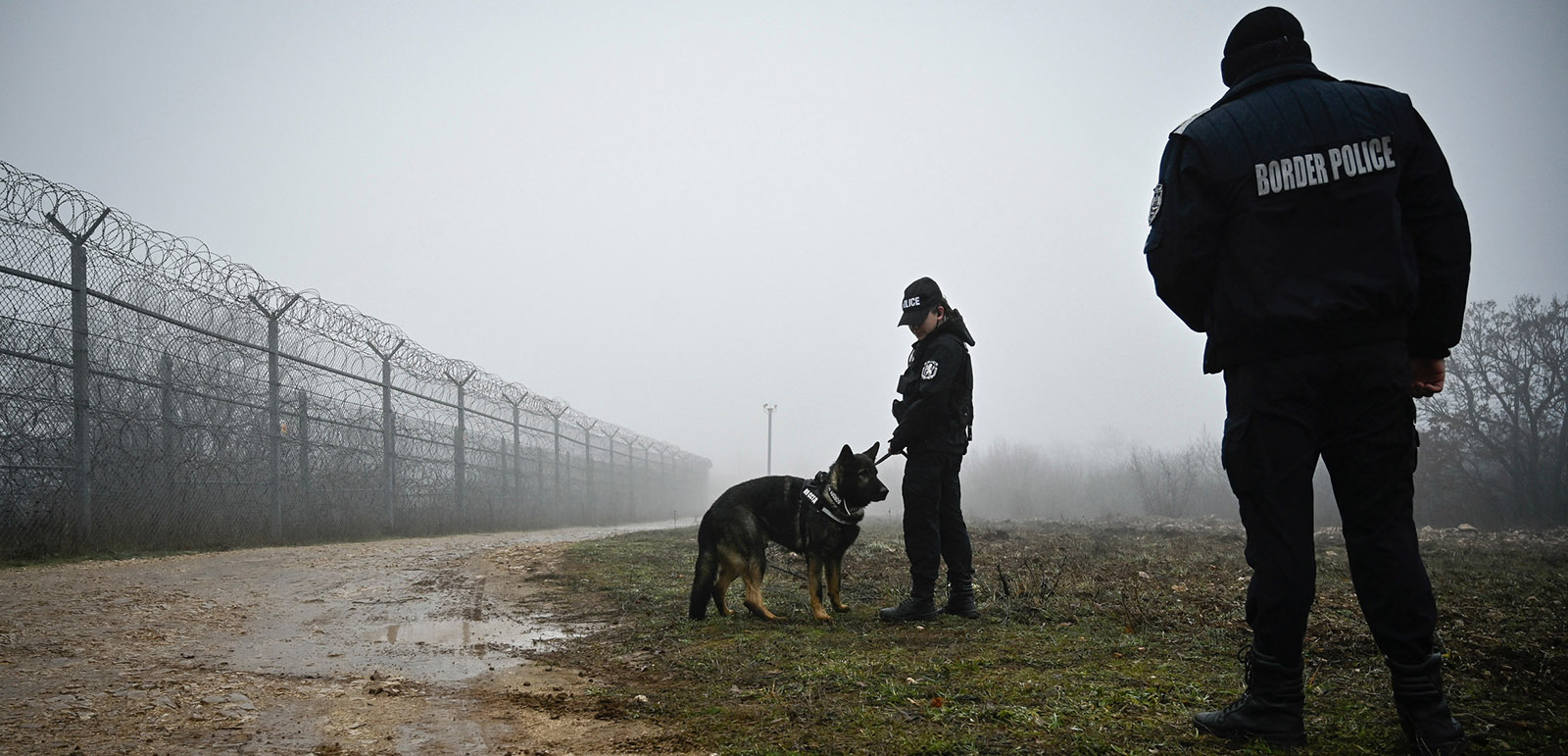
Hamid Khoshsiar spends a lot of time thinking about violence. Domestic abuse in refugee camps, fights and the attacks people endure on Bulgaria’s southern border with Turkey. Before he joined the Mission Wings humanitarian organisation in Bulgaria, Khoshsiar had his own experiences of brutality. He spent two years in Iran’s notorious Evin prison, later fled to Turkey, and eventually made it into Bulgaria in 2019. When he walked across the border, Bulgarian police beat him with sticks and hauled him to a detention centre.
That is why, after spending eight months in the local refugee camp before receiving asylum, he decided to stay in Harmanli, a small town of rundown apartment blocks, factories, farms and a population of just 18,000, 30 miles from the Turkish border.
“When I’m working with refugees, the part of me I consider human becomes stronger,” he told me.
A lanky, 40-year-old with long grey hair, Khoshsiar explained that humanitarian work was not his background. He studied physics in Tehran and later worked in software sales, but now he occupies a cramped, supply-packed office at the local outpost of Mission Wings. People pass through every day with requests for food and medicine, translation and clothes, psychological support and legal aid.
Men, women and children, most from Afghanistan, Iraq and Syria, show Khoshsiar the wounds they have sustained along the way: police dog bites, bruises from batons and scars from the razor wire on Bulgaria’s border wall. In recent years, a growing number of people making the journey through the country have endured pushbacks — expulsions that are often considered illegal, in part, because refugees are denied their legal rights to apply for asylum and access reception centres.
“People on the border are the first and easiest target,” Khoshsiar said.
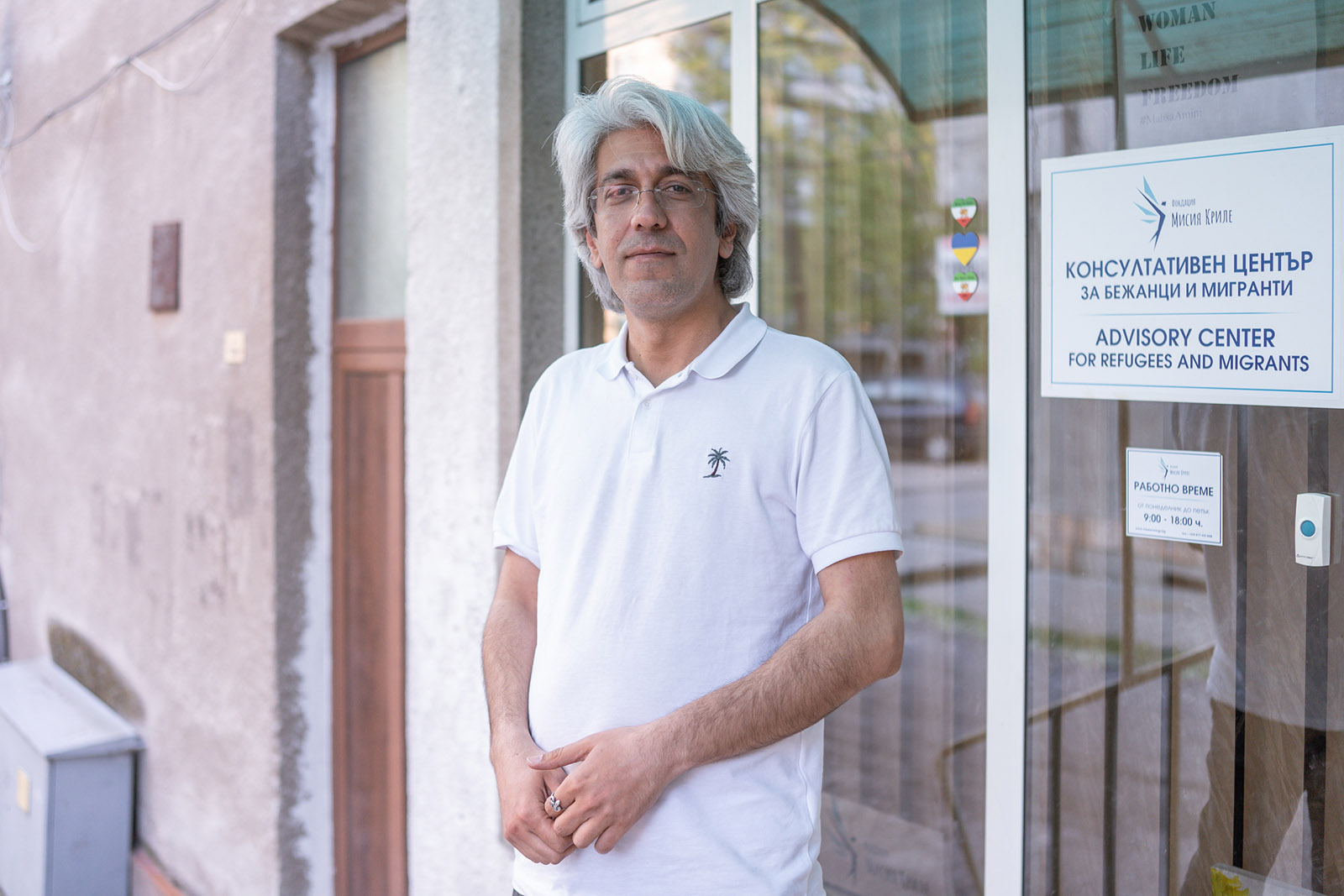
Refugees and migrants travel in groups to help their chances of safe passage. If they make it to Harmanli without getting caught by Bulgarian police, Khoshsiar jots down their personal information. It is evidence that they were there, he said, in case they end up being forced back into Turkey.
Watchdogs and rights groups have documented pushbacks for decades. As the EU moves to reduce the number of refugees and migrants reaching the bloc through irregular means, the governments of many member states, including those controlled by increasingly anti-migrant ruling parties in Bulgaria and Greece, deny that they take place. In 2016, the EU and Turkey reached a deal to decrease the number of refugees and migrants reaching Europe. But in recent years, as arrivals spiked again, so has border violence and the number of extrajudicial expulsions.
In 2021, entries to Bulgaria hit 10,799, nearly three times the number entering the country the year before, according to the European Council on Refugees and Exiles (ECRE). Last year, entries topped 16,700. With borders along the Balkan route — from the Middle East, through Turkey to Bulgaria and Greece, and then on to other EU states — sealed, many have ended up stuck there.
Last year, ECRE documented a record-high 5,268 pushbacks, which returned more than 87,000 people across the border. Rights groups have criticised Bulgarian authorities over border guards allegedly beating and strip-searching those caught crossing, as well as setting dogs on them and confiscating their belongings.
Mohammed, a 16-year-old Syrian, said border guards had pushed back his group of around a dozen compatriots, including both adults and children, three or four times. Every time the guards caught them, they were stripped and beaten with batons. Each time, the group regathered, slept in a forest on the Turkish side of the border and tried again.
“We’d heard that there was violence, but only toward adults,” he explained, sitting in the relative safety of Harmanli’s local cultural centre. “We thought that because we’re young, they wouldn’t hit us.”
His friend Ahmed, also 16, chimed in. He crossed in a different group, which had been pushed back seven times. “They took us to a jail, hit us and then immediately returned us,” he said.
Bulgaria’s ministry of interior did not respond to a request for comment for this article, but officials have disputed claims of a rising incidence of pushbacks and violence on the country’s border.
In December, Ivan Demerdzhiev, Bulgaria’s deputy prime minister for public order and security and minister of the interior, said that no evidence supported “the supposed existence of a growing practice of pushbacks at the Bulgarian borders”.
In January, president Rumen Radev said: “Over the past year, pressure on our border has increased sharply and the actions of the migrants are becoming more and more aggressive.”
Iliana Savova, director of the Bulgarian Helsinki Committee’s refugee and migrant programme, believes that pushbacks and increased border fortification have backfired, forcing people on the move to become more dependent on smuggling networks.
“If you have legal channels, people will go through regular migration,” she said. “If you don’t have these channels, people will have no other option than to use irregular migration.”
By email, a spokesperson for the European Commission defended ongoing funding to Bulgaria for border enforcement, but insisted that allegations of pushbacks should be investigated.
“The commission’s position is clear: efficient border management must be firmly rooted in the respect of fundamental rights, including human dignity and the principle of non-refoulement,” the spokesperson said.
On 21 April, the morning of Eid al-Fitr, Khoshsiar lit a cigarette and stood across the street from the detention centre where he stayed in a crowded cell when he first got to Bulgaria. A sign at the entrance boasted EU funding and a guard standing on a watchtower scrolled on his phone. Khoshsiar recalled stories of guards beating detainees during his time there.
He recounted the details of the border crossing that landed him in detention. He had risked the journey on his own, not wanting to put money in smugglers’ pockets. He found a spot where the river wasn’t too wide or deep and held his backpack over his head as he walked across.
On the other side, he followed the sound of chainsaws, thinking he might be able to tail a group of lumberjacks to find a route to help, but a police car pulled up. The officers beat him, he said, quickly adding that it could have been worse.
“They didn’t kill me, they didn’t shoot me, they didn’t break my legs, [and] they didn’t push me back,” he said.
Back in Harmanli that afternoon, residents of the local refugee camp walked back from the supermarket with food to prepare for the Eid holiday. On either bank of the small river below, families sat on the grass and shared meals.
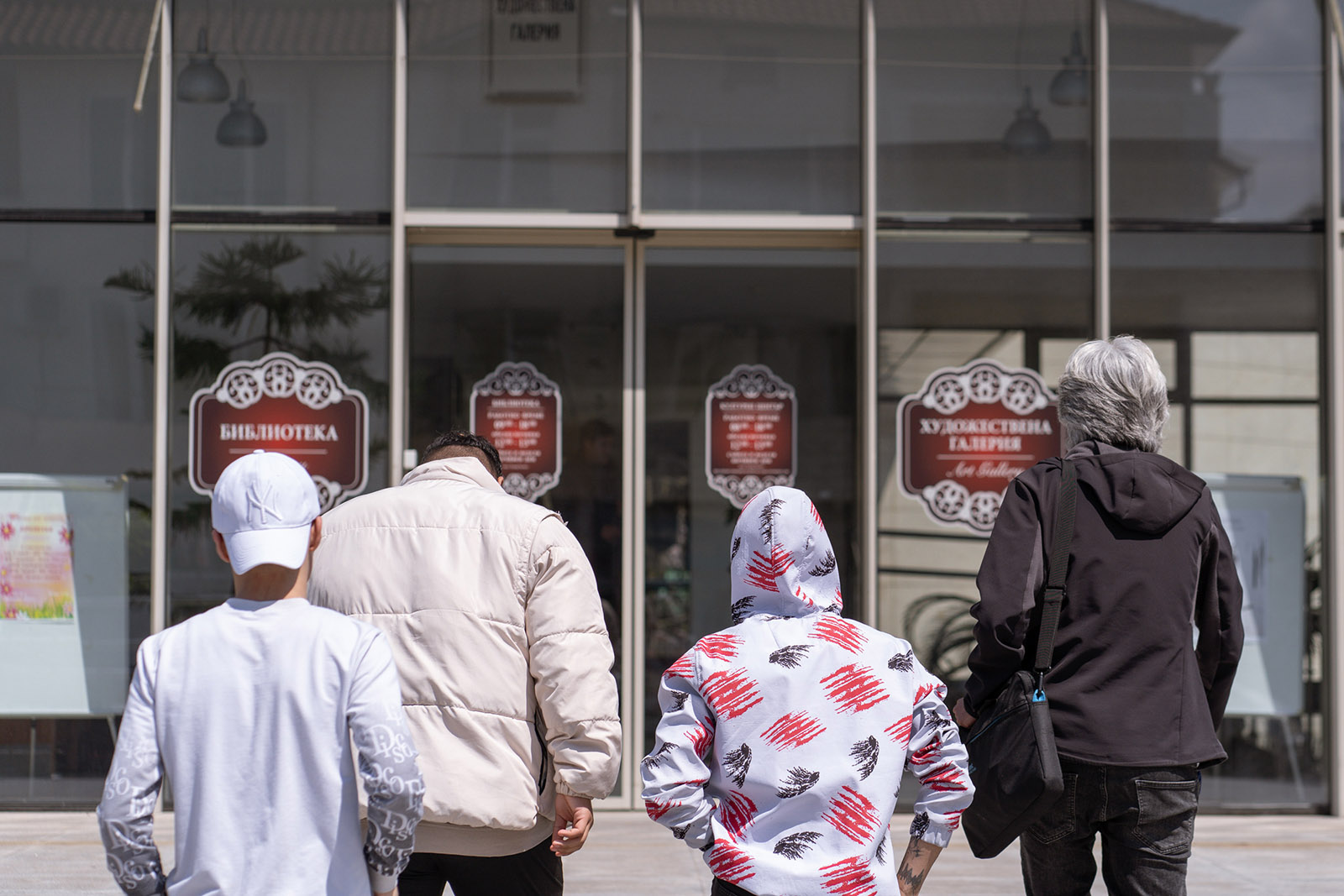
At the camp entrance, Khoshsiar greeted people who passed by in English, Farsi and Turkish. He explained that life in the camp was especially difficult for vulnerable groups, such as unaccompanied minors, religious and ethnic minorities and members of the LGBTQ+ community.
There have been anti-refugee protests in town over the years, but he still insisted that the rights of camp residents were wrapped up with those of everyone — Bulgarians included.
“If you don’t take care of violence on the border, you will face it in the capital,” he said.
Later, on the way back to his office, Khoshsiar’s phone buzzed. The message worried him. Two Afghan men were searching for a lost relative who went missing along the way. They had already checked with camps and detention centres with no luck. They still had to check morgues, but they needed his help.
 Newsletter
Newsletter

